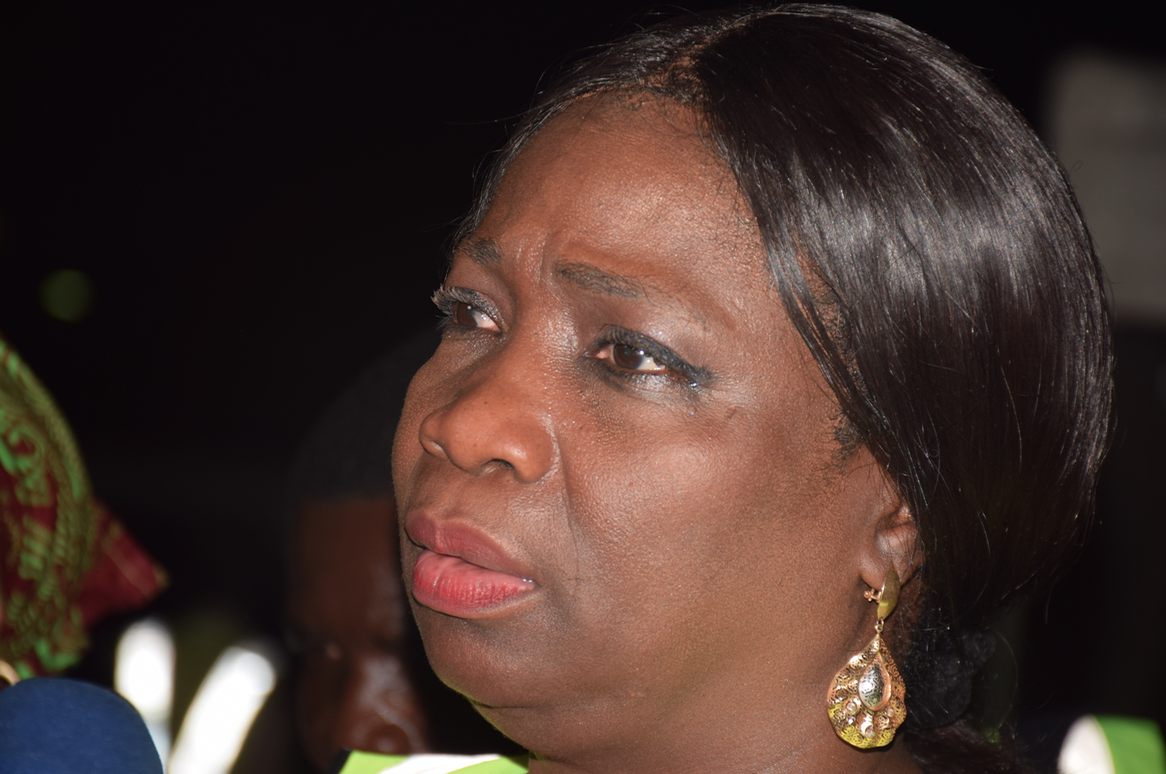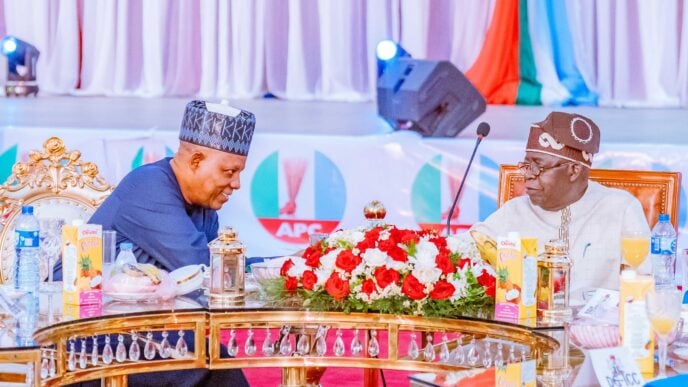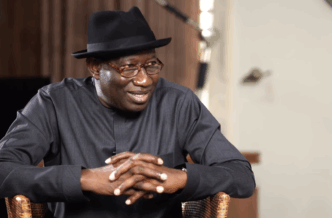Tinubu (left) receives Soludo at the presidential villa on August 12
The national leader of the All Progressives Grand Alliance (APGA) and the governor of Anambra State, Chukwuma Soludo, says he supports President Bola Ahmed Tinubu. The chairman of the party, Sly Ezeokenwa, says the party’s support of President Tinubu’s administration is total and that this support is based on the President’s performance.
APGA is right in its assessment of Tinubu’s performance. And as a party with a progressive, nationalist and federalist ideology, there is no doubt that the party will be willing to work with President Tinubu to achieve the Nigeria of our dream. This column hopes that the President builds on its achievement in order to distribute the wealth being created to a large number of Nigerians in line with the progressive ideology the President and APGA shares.
A few days ago, BusinessDay reported that Chinese businesses in Nigeria now prefer the naira to the dollar. The newspaper reported that local Chinese businesses are increasingly paying in naira for yuan via peer-to-peer (P2P) transactions, bypassing the dollar altogether. The Chinese preference to the naira – a currency even its owners, Nigerians, seemed to have lost faith in a few years ago – is a result of deliberate efforts by President Tinubu to strengthen the naira and renew bilateral relationship with China through bilateral currency swap agreements. In the last 2 years, President Tinubu has made remarkable progress in stabilizing Nigeria’s economy, the oil and gas industry and projecting Nigeria’s image as a country ready for business.
We will focus on the oil and gas industry in this piece. The oil industry is still the lifeblood of Nigeria in terms of foreign exchange earnings. For Nigeria to develop and diversify its economy, it needs increased earnings from its oil and gas industry. Like individuals, nations need money in order to make money! An oil-rich country needs the wealth from oil to reposition itself for a life without oil – i.e. to invest in technologies that would not need oil in the years to come. Norway, Saudi Arabia and the Gulf states are all doing this. President Tinubu understands this and he is aggressively changing the nation’s oil and gas industry with well-thought-out globally-competitive incentives, regulatory clarity, and long-term frameworks. The goal is to increase our foreign exchange earnings.
Advertisement
Nigeria’s oil industry is experiencing massive improvements and this column believes that President Tinubu will sustain this in the coming years. Today, Nigeria’s oil production is in the neighborhood of 1.71 million barrel per day and pipeline theft are almost fully eliminated as 100% of produced oil now reaches export terminals. In 2024, Nigeria increased its total gas production to 2.508 trillion standard cubic feet (mmscf) up from 2.491 trillion mmscf in 2023. Rig count – a barometer used to assess the health and future of a country’s oil and gas industry – reached a record number of 46 in July 2025 from a paltry amount of 8 in 2021.
Thanks to President Tinubu’s political will and the Petroleum Industry Act (PIA), major oil companies who had exited Nigeria are now coming back. This means increased foreign investments and more dollars into Nigeria’s economy. The entry of some of these companies is strategically important to Nigeria because they are coming with new capital and their homegrown technologies. These international companies will complement Nigerian companies who are already growing local capacity in the oil and gas industry.
For example, Petrobras, Brazil’s oil giant, which exited Nigeria over a decade ago, has announced that it is coming back to the country. Petrobras has significant capacity in deepwater frontier acreages and ethanol production. Deepwater space in the oil and gas industry is not for the faint hearted. It is for the matured players with deep pockets. Petrobras will not only be coming to Nigeria with their capital, they will be coming with skills and technologies. Petrobras is not the only company trying to re-enter Nigeria after it exited the country. Vaalco Energy, a United States-based independent operator listed on NYSE, is pursuing re-entry into Nigeria by seeking to acquire Svenska’s PSC interest in OML 145.
Advertisement
ExxonMobil, Shell and other big players are reportedly re-engaging with Nigeria, particularly in the deepwater space. In 2024, Shell advanced a $5 billion Final Investment Decision (FID) for the Bonga North deepwater project, which is estimated to have a peak production of 110,000 barrels/day. TotalEnergies has just announced that it has committed around $550 million to develop the Ubeta Field in the Niger Delta. TotalEnergies, also, has just signed a contract to develop two offshore blocks, which was awarded in the 2024 licensing round, with South Atlantic Petroleum (Sapetro), a very successful company founded by Lieutenant General Theophilus. This agreement between TotalEnergies and Sapetro is Nigeria’s first production sharing contract that comprehensively – in a unique way – includes both crude oil and natural gas sharing terms.
On the local space, the President Tinubu-led administration has made acquisition and business deals in the oil and gas industry seamless. Transactions that took years to get required regulatory approval in the past are now completed in record time. This gives international businesses the confidence that Nigeria is ready for business. Seplat Energy acquired Mobil Producing Nigeria (ExxonMobil land assets) for $1.28 billion in December 2024, consolidating sizable onshore operations. The company plans to significantly ramp up production in the coming years. Renaissance Africa Energy, the new owners of Shell Production Development Company (SPDC), plans to invest $15 billion over five years and double gas production in the country.
There are also a number of gas projects that have been rolled out. In January 2025, NNPCL broke ground on five mini-LNG plants in Ajaokuta, Kogi State, marking an unprecedented level of investment in small-scale LNG infrastructure. New gas processing plants – such as the AHL Gas Processing Plant and ANOH Gas Processing Plant – have been commissioned. Strategic gas deals are on the table with major oil and gas companies. Thanks to the renewed vigor of President Tinubu’s administration.
This renewed appeal for Nigeria’s oil and gas industry has been driven by policy reforms and incentives (i.e. PIA of 2021, executive orders, etc.); Nigeria’s renewed focus on deepwater basins; the nation’s strategic energy transition plans; increased diplomatic engagements and local capacity building. President Tinubu is on the right path!
Advertisement
Nwankwo is the special adviser to Soludo on special projects.
Views expressed by contributors are strictly personal and not of TheCable.












